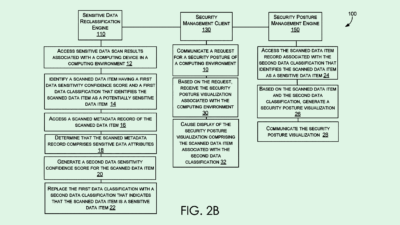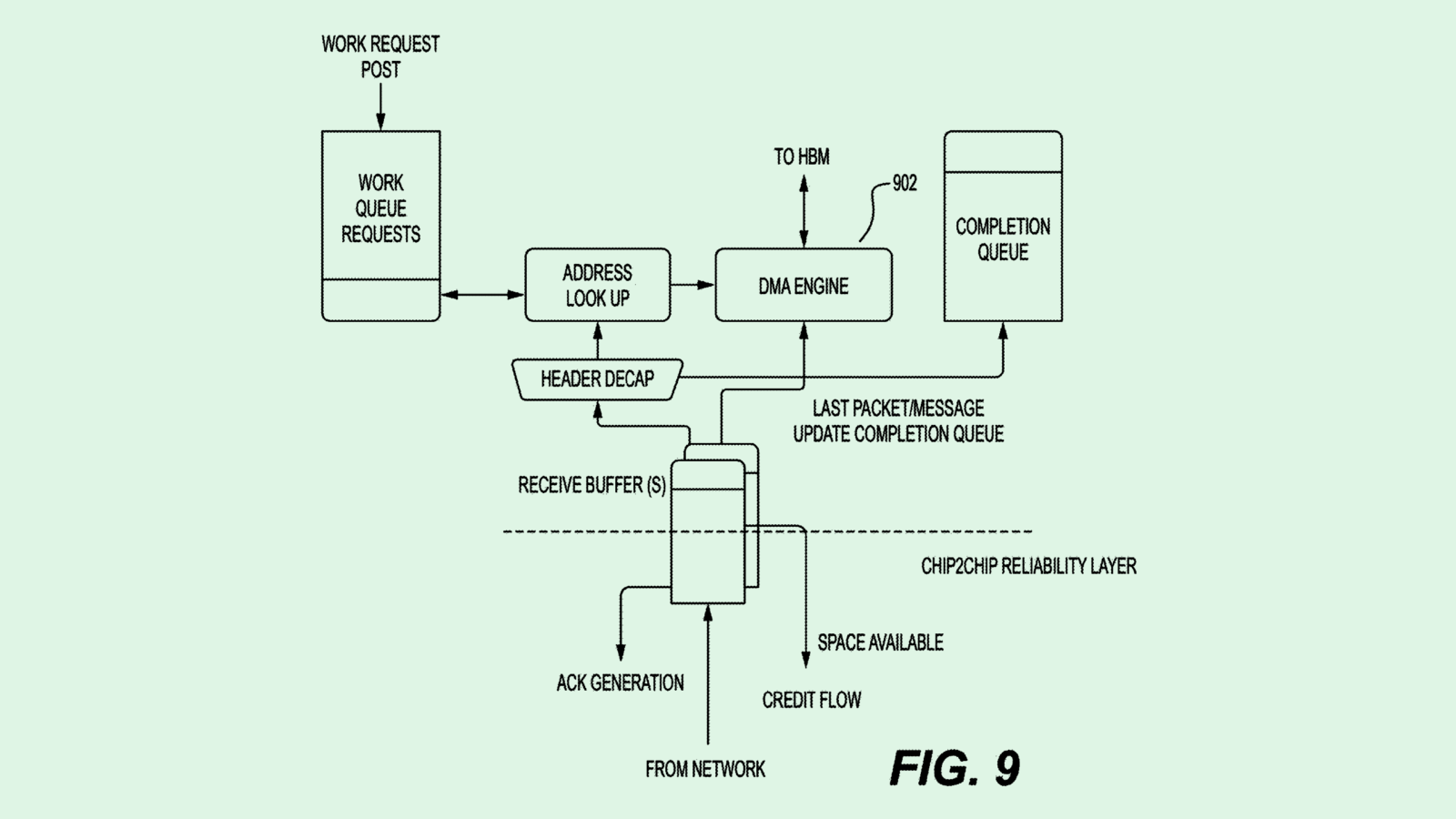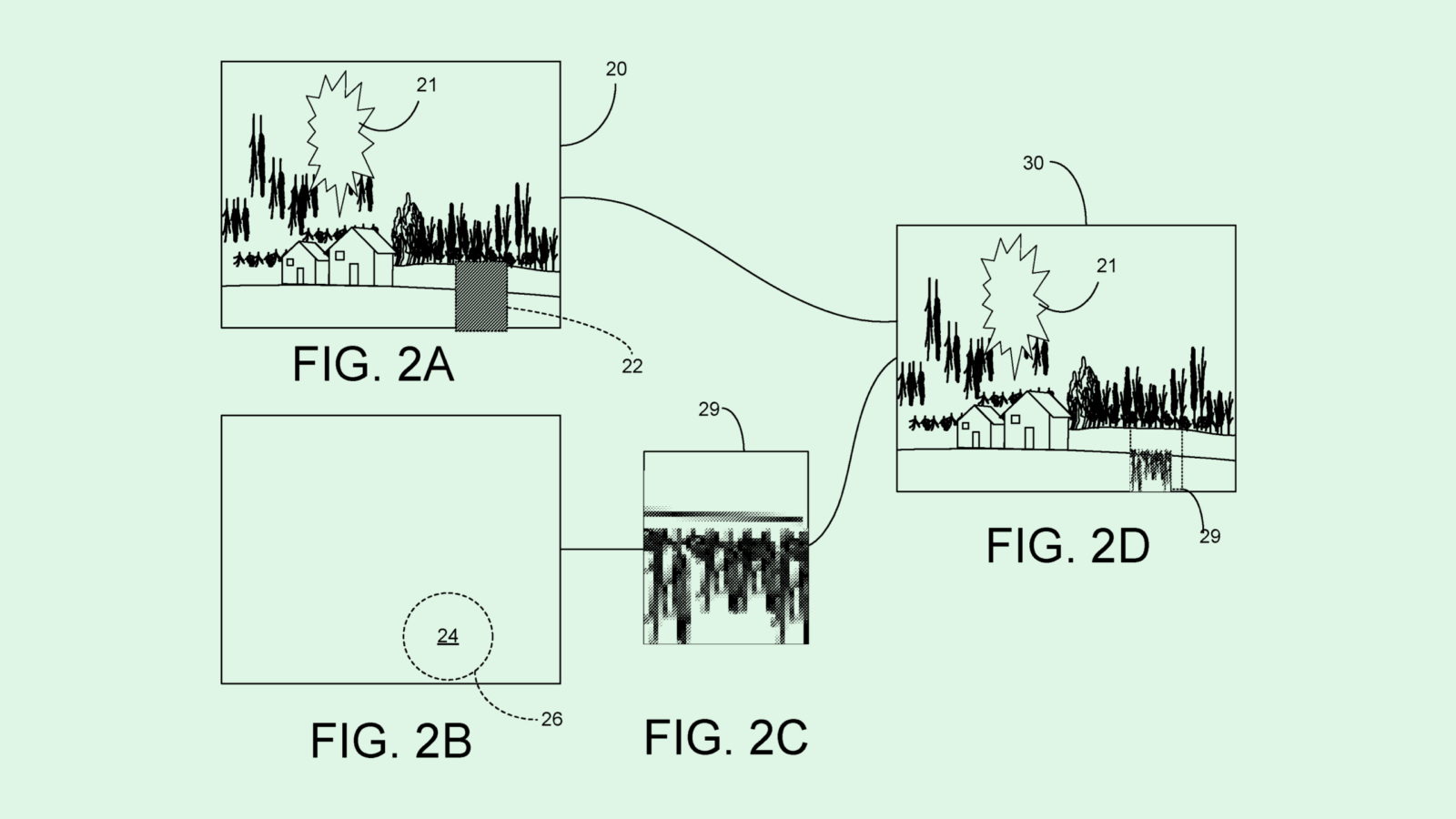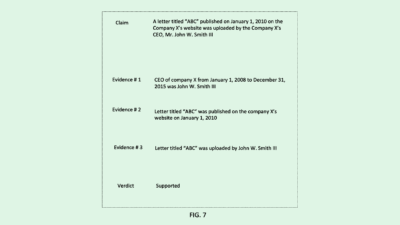Honda Pushes Forward with EV Production, Patents Despite Demand Plateau
A patent from Honda seeks to make EV charging cheaper and better for the environment.
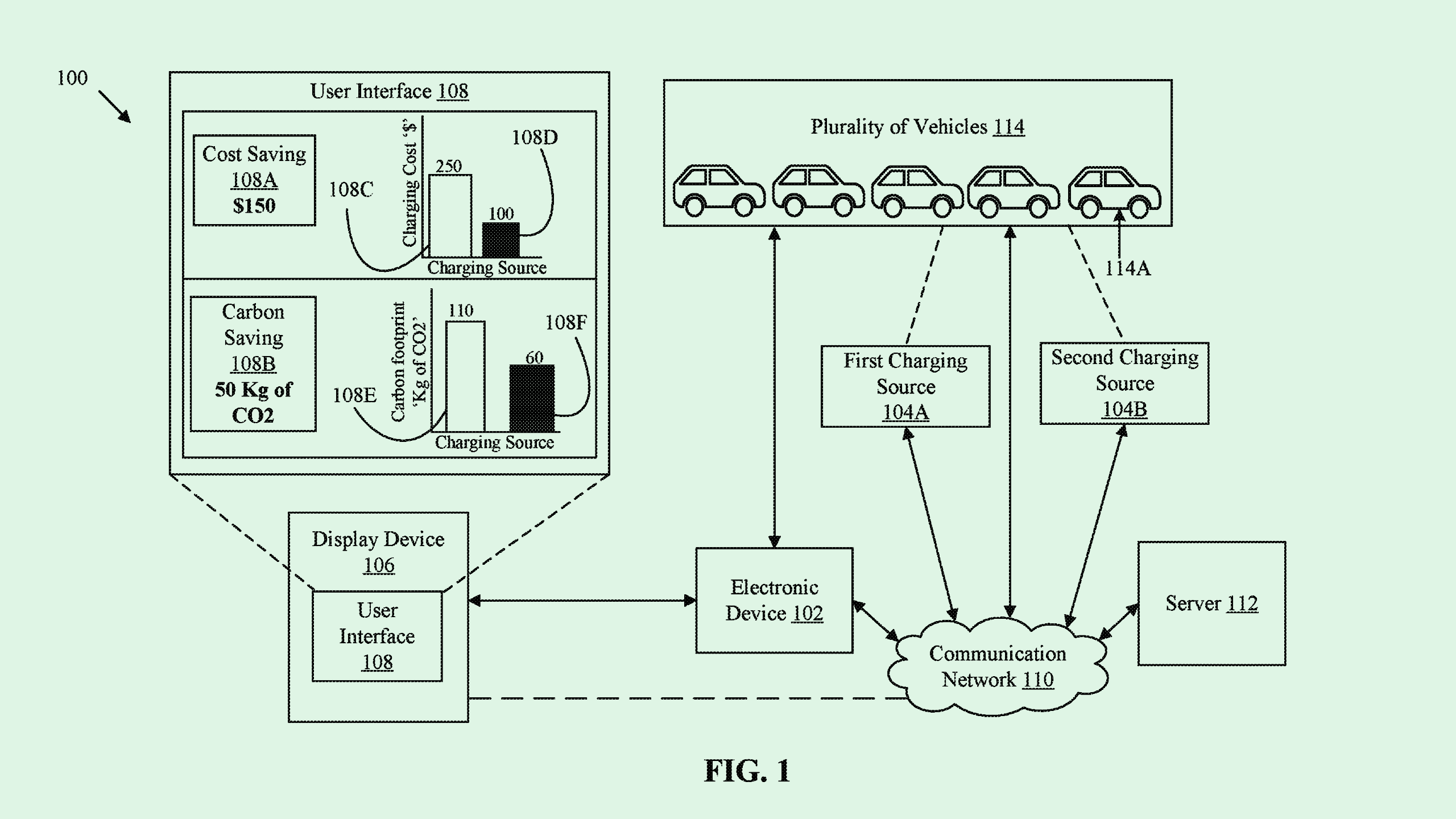
Sign up to uncover the latest in emerging technology.
Honda wants to let you know when your EV might become an energy hog.
The automaker filed a patent application for an “energy management device” to keep drivers informed of the environmental impacts of their charging. Honda’s tech generates “visual insights” to display the cost vs. carbon footprint for different charging options.
“The visual insights may indicate a cost-saving amount of the charging cost and a carbon-saving amount of the corresponding carbon footprint,” Honda said in the filing.
Honda’s patent details a system that receives carbon emission and cost information from several charging sources and shows the fluctuation in both measures.
For example, it may be configured to receive energy information from a household power socket connected to a non-renewable power source, as well as specific EV equipment that receives power from a renewable power source.
This information would be sent to the driver periodically via notifications on their phone, aiming to dissuade them from charging with non-renewables. “The user may be motivated to select an environmental-friendly charging source between the first charging source and the second charging source, and may minimize the carbon emission while recharging the vehicles based on the selection,” Honda said.
While automakers pull back on their EV ambitions amid slowing growth, Honda is seemingly doing the opposite. The Japanese automaker has been ramping up EV production in North America, announcing in recent months an $11 billion investment in its Canadian EV operations and transforming its Ohio plant to focus on EVs.
“Demand is flattening, but it’s still growing. Honda, I think, is recognizing this,” Matt McCaffree, VP of Utility Market Development for EV charging service FLASH, said.
The company also introduced new incentives that make its 296-mile range Prologue EV cheaper to lease than the Tesla Model Y, addressing one of the biggest issues that make consumers hesitant about EVs: the price tag. A survey by AAA of around 1,200 consumers found that 59% reported cost being a major barrier to EV adoption.
But the landscape has changed vastly in recent years, especially for crossover EVs, said McCaffree. “As recently as three years ago, it was not very competitive. If you were looking for a crossover, then the (Tesla) Model Y was one of the only games in town. That’s no longer the case, so we’re going to see continued price competitiveness.”
The other major barrier is charging infrastructure, said McCaffree. Around 56% of consumers reported concerns about a lack of charging stations in their area, according to AAA, while 53% reported concerns relating to range. “It really hinges on consumer confidence in charging infrastructure, that when they buy these cars, they’ll be able to conveniently fuel them,” said McCaffree.
While patents like these may appeal to the environmentally conscious consumer, unlocking a larger demographic is all about making EV adoption easier, he added. That’ll require taking on the issue “on all fronts,” including cost to consumers, cost to manufacturers, increased charging availability, and a stronger grid. “You have to make it a no-brainer,” he said. “A win-win all around.”



